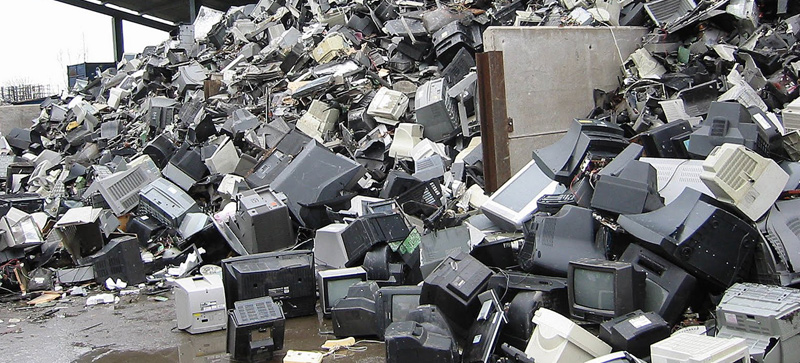Factsheets and roadmaps of the “Comprehensive review of gaps and weaknesses in the EU waste statistics and identification of key priority areas for improvement, with specific focus on the Directives for Packaging and Packaging Waste and Electronic and Electrical Equipment Waste” project has been published.
The project, commissioned by the European Commission and led by Eunomia, was aimed at following up the performance of several Member States against the targets on waste, particularly those required by the Waste Framework Directive (50% preparation for reuse and recycling by 2020) and the Landfill Directive (reaching 30% of landfilling of biodegradable municipal waste as compared to 1995 levels). ENT participated in the cases of Spain and Portugal. The project covered a review of the countries’ main indicators and policies displayed in factsheets plus a set of recommendations included in a roadmap. Both documents were debated with the national and regional authorities of each country and put in common in a workshop held in Brussels in January 2016.
In the case of Spain, the recycling rates and distance to targets were calculated at the Autonomous Community level. The overall recycling rate of Spain was found to be 32.5% in 2013 with differing results across regions, which implies that additional effort will have to be done in order to reach 50% by 2020. Spain was also far from complying with the Landfill directive in 2012 although several regions had already complied in 2012.
Among the recommendations included in the roadmap in order to improve Spain’s performance:
- Introduction of a national tax on landfill and treatment of municipal waste
- Identifying and characterising regions at risk of non-compliance.
- Identifying and characterising top performing regions, key factors of success and dissemination of good practices
- Introducing specific plans for biowaste management within Regional Waste Management plans
- Identifying and raising awareness of successful waste collection/charging models (i.e. door-to-door + PAYT schemes).
- Compiling capacities and efficiencies (based on mass flow analysis) with regards to residual waste treatment at MBT facilities.
- Identifying and characterising the best performing MBT plants and ensure technology transfer.
- Reform on municipal waste charges on: – Households by progressively linking payment to waste generation (i.e. PAYT) as the implementation of a more efficient collection system makes it suitable; – Commercial activities to ensure full cost coverage. PAYT schemes should be introduced as the implementation when collection schemes allow.
- Improved and new extended producer responsibility (EPR) systems: – Expanding EPRs towards additional waste streams (e.g., furniture, textiles, sanitary and hygiene products, etc.) – Ensuring full cost coverage and introducing eco-design (i.e. durability, recyclability) criteria for payments. – Consider the introduction of deposit refund systems.
For Portugal, the recycling rate was found to be 28% in 2013 whereas the landfilling of biodegradable municipal waste was 35%, far from the 53% required by the Landfill directive by 2016. The recommendations for Portugal were:
- Revision of the charging system and incentive schemes
- Improvement of the separate collection service and recycling
- Improvement of waste management infrastructure
- Approval and revision of waste management plans of Madeira and Azores/coordination between WMPs
- Education campaigns aimed at householders and businesses
- Actions to increase reuse and waste prevention activity
- Introduce PAYT systems

